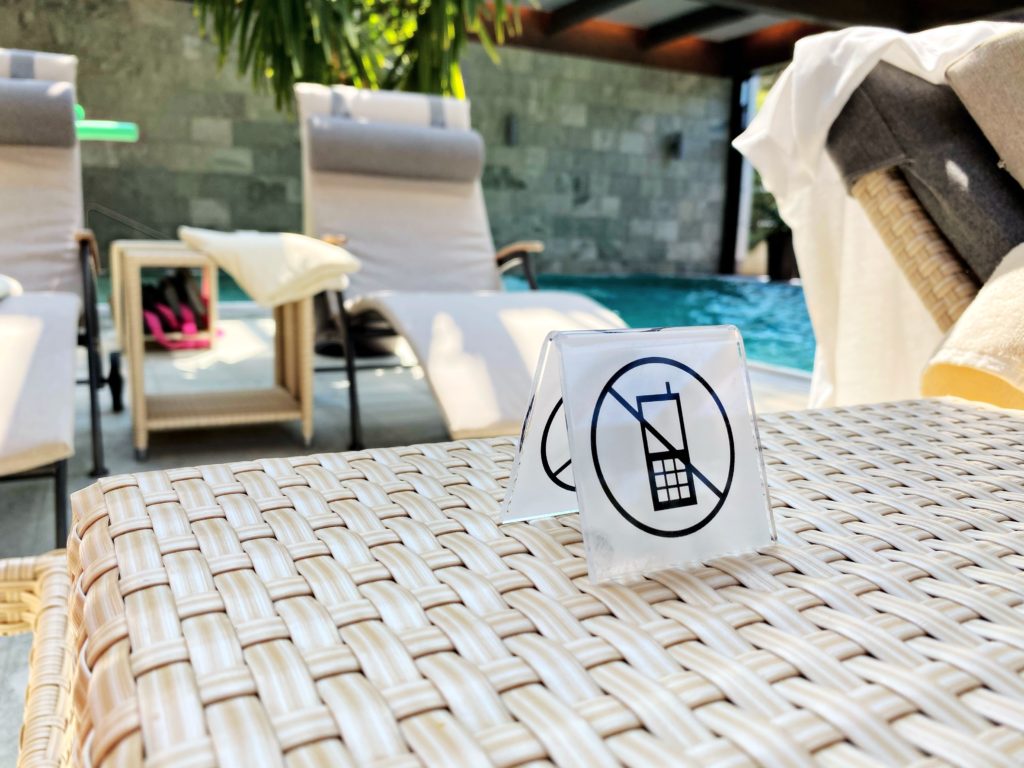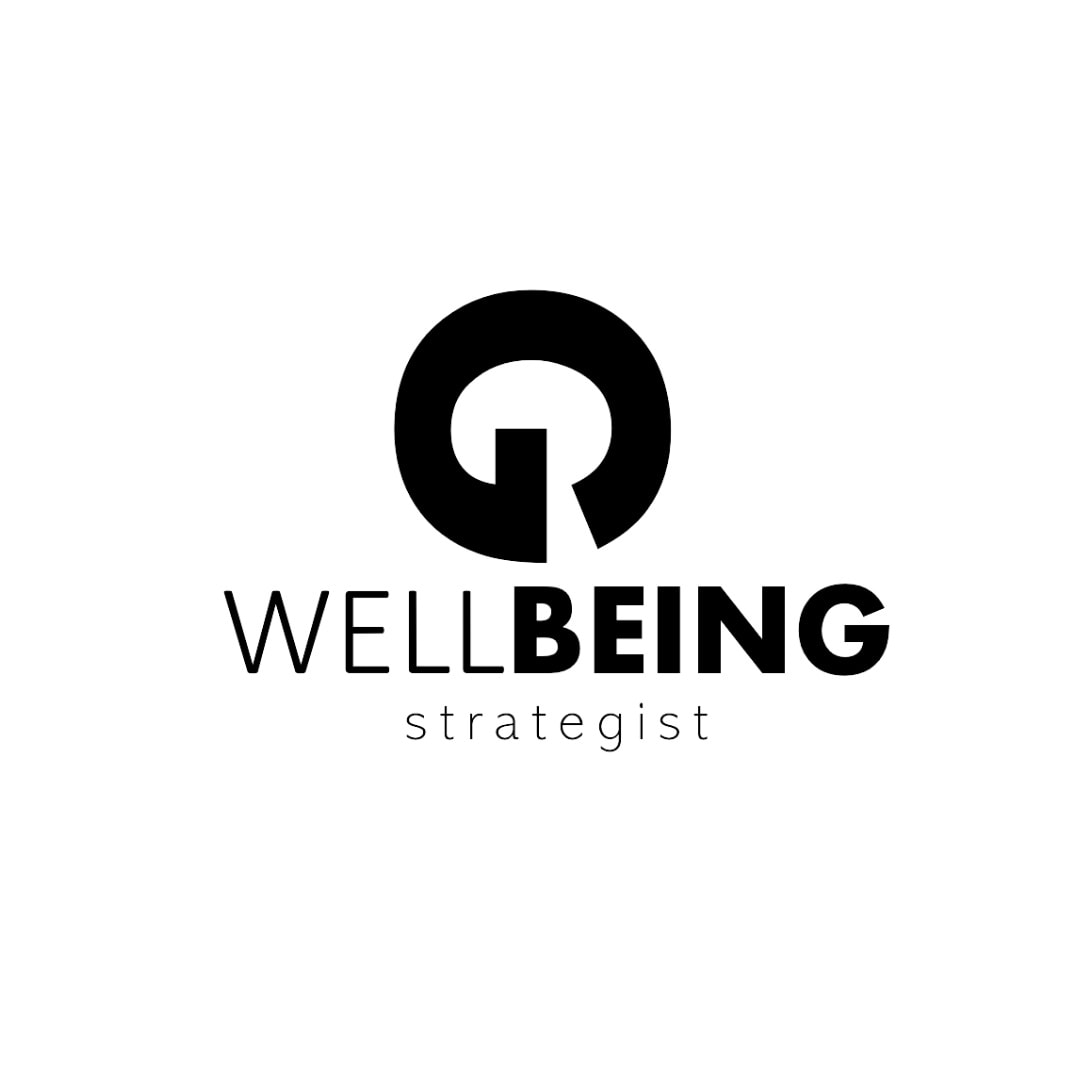How to get workplace wellbeing in a small company right?
Wellbeing is gaining more and more importance in the workplace. Do you know how to implement wellbeing in a small company the right way?
Managers realised that an employment contract and good pay are often no longer enough to keep a valuable employee in the company. Small enterprises are just beginning to introduce the first wellbeing solutions, and good inspiration may be, among others Swedish fika or digital detox retreat.
Employers are looking for solutions that will allow them to retain their most valuable employees for longer and increase the attractiveness of the company in the eyes of future candidates. One of the activities that is gaining popularity is taking care of employees’ wellbeing. It is a long-term strategy aimed at permanently changing the lifestyle of all employees, including managers, to healthier and more aware. The success depends on the employees’ motivation, their involvement in offered solutions, and above all on their readiness for change.
 First steps to wellbeing – It’s simple.
First steps to wellbeing – It’s simple.
Wellbeing in literal translation means well-being, i.e. a state in which we feel simply good and comfortable. It includes a holistic view of the employee and his needs.
Healthy, happy employees are proven to create a more productive workforce; so workplace wellbeing is designed to boost engagement and employee satisfaction, in order to increase output (ROI).
Having a wellbeing strategy in place makes the employees feel that they are an important part of a company. Being recognized in a more human way, employees derive much greater satisfaction and joy from their tasks. Every employee should feel that their contribution has a real impact on the functioning of the company and the organizational culture.
Comfortable work environment contributes to mental wellbeing.
There’s nothing worse than a dark, uncomfortable office space that doesn’t have all the necessary amenities.
A healthy workplace environment – one that includes lots of natural light, comfortable seats and desks – can help to reduce absenteeism and boost productivity. Plants can play a huge part in ensuring a healthy workspace; and cost very little to add to your office.
Promoting health and wellbeing at work is not just about complimentary fruits and gym membership. It is so much more. It’s about how your company demonstrates the value of their people, and how you will support them to lead healthy and fulfilling lives, both inside and outside of work.
You may also like: Learn how to implement yoga practice in your work environment.

Before implementing any changes it is crucial to get employees involved and find out what could actually support them. Be it consultations with a psychologist, masseurs’ visits , flexible working hours or something completely different.
Work-life balance as a growing trend
More and more employees recognize the difficulty in maintaining a balance between personal and professional life. At the turn of the last years, expectations about work, its role and place in life have changed – it has become only part of it. Employees want to have time for friends and family, deepen their competences, and increasingly – to perform tasks from another industry (gig economy). That is why they are looking for a place where they can strive to achieve work-life balance.
Surprisingly, the separation of the professional and private spheres and resignation from working after hours leads to an increase in employees’ efficiency, their loyalty to a given organization and an increase in involvement in their duties. It turned out that comfort and well-being in the workplace are as important as professional development and deepening of qualifications.
Digital detox not only for board members
Research shows that never-ending digital distractions hurt your capacity to focus, think creatively and make decisions.
CNN Business featured an article which claimed that executives say, digital detox’ retreats are key to their success.
„Constant digital distractions also undercut your ability to do other key parts of your job well: strategizing the best course for your company, enabling innovation, solving problems, and making the people you speak with feel valued and heard.”- says the neuroscientist Tara Swart, author of “Neuroscience for Leadership: Harnessing the Brain Gain Advantage.”

The immerse experience, such as digital detox retreat, not only develops the ability to cope with stress and effectively prevents burnout but teaches techniques for healthy and balanced living that can be shared within work environment afterwards.
Swedish fika a key to wellbeing at work?
Fika is a Swedish custom meaning a break at work, during which we drink coffee or another drink and eat various snacks in the company of friends, family or friends. Most often, sweets are served with coffee, and the most popular addition are cinnamon rolls.
– Fika is an opportunity to slow down. To take a real break and connect with other people. Most Swedish workplaces have inscribed in their organizational culture morning and afternoon coffee breaks, which are not so much a break from work, but a great opportunity for informal meetings and discussions. 20 minute breaks do not replace lunch breaks, they complement it and minimize the risk of burnout. Many international employers decide to introduce it in their company.

You may also like: How to run effective team meetings?
The implementation of a wellbeing strategy in small enterprises can begin gradually, with small actions that positively affect the atmosphere in the workplace. But the most important thing is to listen to your employees and see their needs. An employee who feels satisfaction with his duties and notices the opportunities for professional development does not start thinking about changing jobs.

Do you need help with maintaining balance &mental wellbeing?
Deal with Culture can help.
Learn more about online wellbeing programs accessible to managers and their teams, RADIANT MOOD AND RELAXED BODY IN 4 DAYS.
Learn more about our digital detox retreats in Portugal, BUILD YOUR INNER FEED.
Katarzyna Richter
Founder and CEO of Deal With Culture




